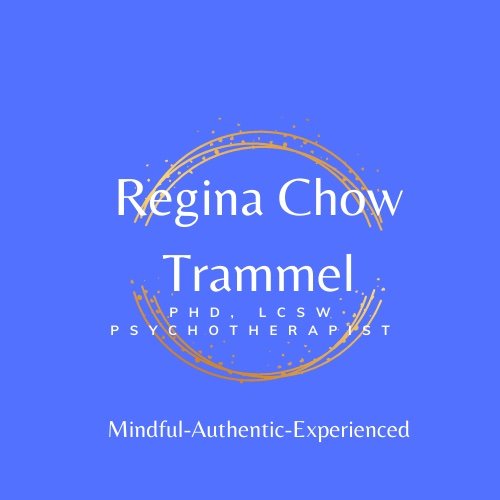What to Expect in Therapy:
It is important that you feel respected, cared for, and safe, in therapy.
Whether you are booking your first appointment, or have been in therapy in the past, therapy can feel intimidating. That is why therapy is most effective with a trusted and experienced therapist who is warm and approachable. During your first session, you will likely review any consent to treatment paperwork, the limits of confidentiality, and answer questions for the purposes of a thorough assessment. You will likely be asked to talk about what brings you to therapy. Your therapist should be a good listener during this first session.
Let your therapist know what made you decide to begin therapy, and discuss any past history working with a therapist. Include what worked and what didn’t work so that your therapist can be helpful to you more quickly. Sometimes, a new therapist might suggest you re-connect with a previous therapist, especially someone you worked with for a long time.
Let your therapist know about any medication or medical issues that impacts you. This helps your therapist put any presenting symptoms into context of possible bio-medical influences that may also be occurring. Note any problems you are having in your eating and/or sleeping behaviors.
Don’t forget to disclose any substance use or other addictions, including a history of eating disorders. Again, this is simply to help your therapist understand how to partner with you, and support your sobriety or personal gains in these areas.
What makes for effective therapy?
Be honest in your sessions, even when truths feel uncomfortable to speak.
A seasoned and skillful therapist will not be judgmental, and will be helpful, and empathic. They will offer skills, helpful guidance, and accountability to help you further your therapy goals.
Schedule regular sessions
Momentum is important, so at least one session-a-week is preferable at the start. When you start to feel better, it is normal to go to a twice-a-month schedule, and then monthly, for maintenance of your progress.
Lean on your support system in-between sessions.
Therapy can feel like work because you are growing, expanding, changing, and confronting issues. Your unconscious thoughts become more conscious. This can feel unsettling at times. Your trusted friends, and/or family will encourage you, cheer on your progress, and motivate you to keep going.
What makes for an effective therapist?
Your therapist should focus on you.
An experienced therapist is careful about self disclosure, and ensures that therapy is centered around you, and your goals. Your therapist should be attentive, compassionate, skillful, and genuine.
Your therapist should be continually gaining new knowledge in the field.
When they engage in their own continuing education they learn about the latest research and evidence-based techniques that have stood the test of time, and have proven outcomes.
You therapist should continue to assess for symptom-management, especially at the beginning of treatment, and also periodically to determine your treatment needs.
I, personally, like to send my new clients validated and reliable scales for assessment purposes so that I can get a good overview of symptoms, and what might be occurring.
Your therapist should be actively engaging in their own self-care practice.
Therapists are human too. World and news events as well as personal history, and personal issues affect them as well. Therefore, a therapist that has a good sense of their strengths and limitations, while making sure they are maintaining their own emotional, physical, and spiritual health themselves, is always a good thing.
Don’t forget, you can ask prospective therapists questions in your free consultation about these and other important issues to help you determine the best fit.
Are you exhausted and burned out and feel like you can't focus your thoughts, let alone perform at work? Perhaps you need support for depression, anxiety, a history of trauma, stress, and/or burnout.
Hi! I’m Regina Chow Trammel, PhD, LCSW, and I have successfully treated hundreds of clients throughout my 18+ years of practice using mindfulness, existential, and process-based interventions. I also understand the unique cultural & social factors that impact mental well-being.
I can integrate faith and spirituality in sessions, if so desired. Our work together will be collaborative and supportive, always keeping in mind your goals for good mental health.
Please reach out by texting, or calling me at 626-765-7602 today, or use the Book a Consultation button, today!
Tackling anxiety, depression, and promoting your healing from past trauma
Call or Text Dr. Regina Chow Trammel for a free 15-minute consultation today at: 626-765-7602
I provide in person therapy in Azusa and tele-therapy througout Southern California: San Gabriel Valley, Los Angeles, Glendale, Silver Lake, Los Feliz, Eagle Rock, Pasadena, Arcadia, Monrovia, Azusa, Glendora, La Verne, San Dimas, the Valleys and more…
I provide tele-therapy in Northern California/ Bay area: San Jose, San Francisco, Oakland, Marin, Berkeley, and more…
I provide tele-therapy in the Chicago-land area of Illinois: Chicago, Wheaton, Naperville, Lisle, Glen Ellyn, Elmhurst, Palos Heights, Arlington Heights, and more….


